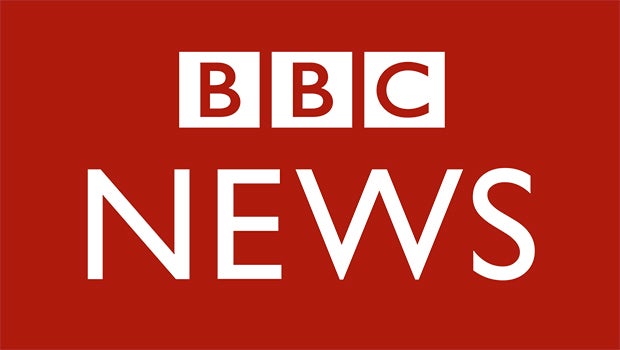BBC fights back against Google delistings

The BBC has followed through on its promise to publish information concerning articles that have been delisted by Google.
A European Court of Justice ruling last year stated that individuals had the right to request that search engines remove specific web pages from their search results, usually on the grounds that they contain personal information.
You might have heard it referred to as the “right to be forgotten” debate, because it kicks against the idea that personal information lives forever on the internet.
This ruling prompted Google to start removing a large number of links from its search results, and the BBC’s vast network of news items was inevitably bound up in that.
As promised, the BBC has decided to take a defiant stance on this. It will make clear to license fee payers (that’s most of the UK) precisely which links have been delisted by Google by posting an updated list of links each month.
“We are doing this primarily as a contribution to public policy,” says BBC managing editor Neil McIntosh. “We think it is important that those with an interest in the ‘right to be forgotten’ can ascertain which articles have been affected by the ruling.”
The move is also a response to what the BBC perceives as a threat to the integrity of its online archives. While these delisted articles remain published on the BBC, they become much harder to find without Google’s cooperation.
Related: Google’s advisory council says keep ‘right to be forgotten’ in EU
In an earlier blog post, the BBC’s director of editorial policy and standards, David Jordan, called the decision “a matter of historic public record.”
The BBC does point out that it isn’t told who has requested that a particular story be removed from Google’s listings, so no assumptions should be made when reviewing its list of links.


